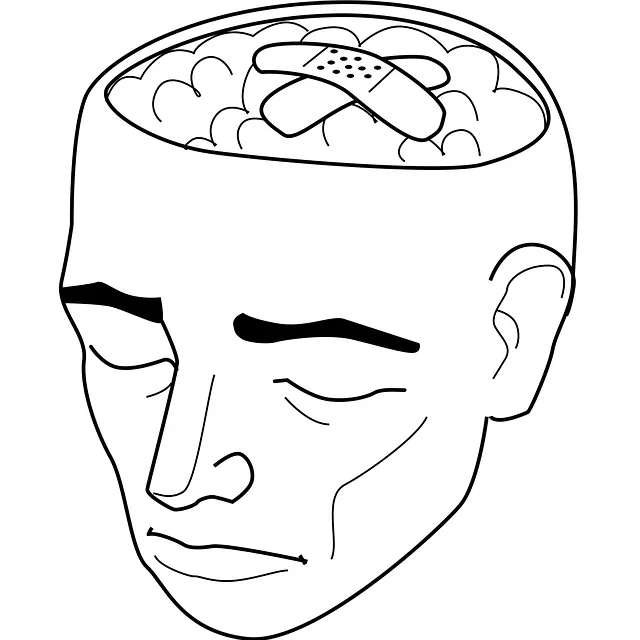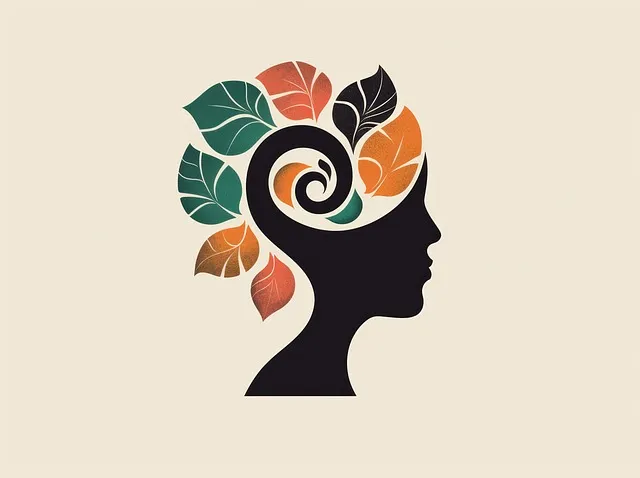Boulder Kaiser Permanente behavioral health services reviews highlight emotional intelligence (EI) as a powerful tool for personal and professional growth. Their focus on EI development through workshops, guidance, and journaling empowers individuals to manage stress, understand emotions, and build strong relationships. Self-awareness, coping skills, and mindfulness practices form the basis of EI development, leading to improved communication, resilience, and overall well-being. The positive patient reviews attest to the transformative power of these services in fostering healthier lives and stronger communities.
Emotional intelligence (EQ) is a powerful tool that enhances personal growth, relationships, and overall well-being. This article explores the transformative potential of EQ through various facets. We begin by dissecting the concept of emotional intelligence and its immense value in today’s complex world. Next, we highlight the significant role played by Boulder Kaiser Permanente Behavioral Health Services in fostering EQ development. Furthermore, we break down essential components for building emotional intelligence and practical strategies to integrate it into daily life, informed by expert insights. Finally, discover how implementing these principles can lead to profound personal and professional success, backed by reviews of Kaiser Permanente behavioral health services.
- Understanding Emotional Intelligence: Unlocking its Potential
- The Role of Boulder Kaiser Permanente Behavioral Health Services in EQ Development
- Key Components of Building Emotional Intelligence
- Strategies for Enhancing Self-Awareness and Self-Management
- Practical Applications: Integrating Emotional Intelligence into Daily Life
Understanding Emotional Intelligence: Unlocking its Potential

Emotional intelligence (EI) is a powerful tool for personal growth and professional success. At Boulder Kaiser Permanente behavioral health services reviews, experts highlight that EI involves recognizing, understanding, and managing one’s own emotions, as well as empathizing with others. This multifaceted skill set goes beyond mere emotional awareness; it empowers individuals to build strong relationships, make thoughtful decisions, and navigate challenging situations effectively.
Developing EI can significantly enhance various aspects of life, from improving self-esteem improvement and fostering better mental health awareness to providing trauma support services. By cultivating emotional intelligence, individuals can boost their resilience, communicate more effectively, and create positive connections in both personal and professional spheres. This transformative journey often begins with recognizing the value of EI as a key component in achieving overall well-being.
The Role of Boulder Kaiser Permanente Behavioral Health Services in EQ Development

Boulder Kaiser Permanente Behavioral Health Services plays a pivotal role in fostering emotional intelligence (EQ) development. Their comprehensive programs cater to individuals seeking to enhance their self-awareness, empathy, and regulatory skills. Through a blend of expert guidance, evidence-based practices, and tailored support, this organization offers transformative experiences that contribute significantly to EQ growth.
The Stress Management Workshops, Crisis Intervention Guidance, and Mental Wellness Journaling Exercise are standout initiatives. These not only equip individuals with practical tools for navigating life’s challenges but also foster a deeper understanding of one’s emotions and the emotions of others. Boulder Kaiser Permanente Behavioral Health Services reviews consistently highlight the positive impact of these programs, underscoring their commitment to empowering individuals to lead more balanced, fulfilling lives.
Key Components of Building Emotional Intelligence

Building emotional intelligence (EI) involves a multi-faceted approach that encompasses several key components. One of the foundational elements is self-awareness—the ability to recognize and understand your own emotions, strengths, weaknesses, drives, and values. This introspection allows individuals to navigate life’s challenges with greater clarity and purpose. According to reviews of Kaiser Permanente behavioral health services, fostering self-awareness paves the way for effective communication and enhanced relationships with others, which is crucial for emotional well-being.
Additionally, developing strong coping skills is essential for managing stress and adversity. This includes learning to regulate emotions through techniques such as mindfulness, deep breathing, and progressive muscle relaxation. Crisis intervention guidance plays a significant role here, equipping individuals with the tools needed to navigate sudden or intense emotional states. By integrating these practices into daily life, people can better handle challenging situations and cultivate resilience, thereby strengthening their emotional intelligence over time.
Strategies for Enhancing Self-Awareness and Self-Management

Building emotional intelligence starts with a profound understanding of yourself—a process known as self-awareness. Boulder Kaiser Permanente behavioral health services reviews highlight effective strategies for cultivating this vital skill. Encouraging individuals to reflect on their emotions, thoughts, and behaviors allows them to recognize triggers and patterns, fostering a deeper sense of self. This introspective practice is a cornerstone of resilience building and coping skills development.
Self-management goes hand in hand with self-awareness. By understanding your emotional responses, you can develop effective strategies to regulate them. Techniques such as mindfulness exercises, positive thinking practices, and cognitive reframing empower individuals to navigate challenging situations with greater calmness and clarity. These tools not only enhance emotional resilience but also contribute to overall well-being, as emphasized in Kaiser Permanente behavioral health services reviews.
Practical Applications: Integrating Emotional Intelligence into Daily Life

Integrating emotional intelligence (EI) into daily life is a practical application that can significantly enhance personal and professional interactions. At Boulder Kaiser Permanente behavioral health services, reviews highlight the transformative power of EI in healthcare settings. By fostering strong communication strategies, understanding emotions, and managing stress effectively, healthcare providers can improve patient care and avoid burnout prevention strategies for themselves.
Mental Health Awareness becomes more pronounced when healthcare professionals prioritize EI. They can better recognize and respond to patients’ emotional needs, creating a supportive environment that encourages open dialogue. This, in turn, enhances the therapeutic process and improves treatment outcomes. Moreover, incorporating EI techniques into daily routines can lead to healthier relationships both personally and professionally, ensuring long-term well-being for healthcare providers and their patients.
Emotional intelligence, a cornerstone of personal growth, is cultivated through various methods, as highlighted by the contributions of Boulder Kaiser Permanente Behavioral Health Services. By understanding and applying key components like self-awareness and self-management, individuals can significantly enhance their relationships and overall well-being. The strategies discussed offer practical ways to integrate emotional intelligence into daily life, making it a valuable tool for personal and professional development. As evidenced by numerous Boulder Kaiser Permanente behavioral health services reviews, investing in EQ development leads to more fulfilling lives and improved interactions with others.






